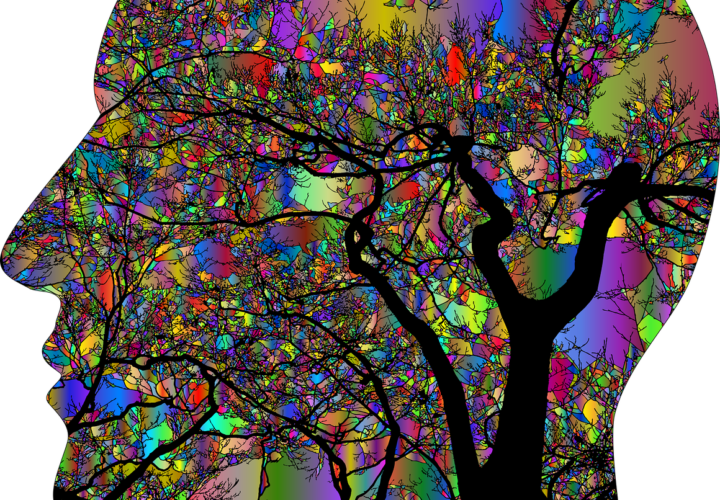Biomind Labs is testing whether the highs of a synthetic psychedelic can help people with Alzheimer’s treat symptoms of depression.
Psychedelics have been a source of mind-bending, spiritual experiences for more than 2,000 years, but they gained mainstream prominence only in the 20th century, when Swiss chemist Albert Hofmann developed and also dosed himself with lysergic acid diethylamide, better known as LSD. Only in recent years, however, have researchers began studying the potential for psychedelic medicine and therapy to treat conditions like depression.
Scientists already know that there is substantial overlap when it comes to depression and Alzheimer’s: As many as 60 percent of people with dementia are also diagnosed with depression. Recently, a study found that an antidepressant called imipramine may be effective in treating cognitive decline in Alzheimer’s.
Now researchers are looking to see whether psychedelics may also be effective for treating depression in people with Alzheimer’s. Biomind Labs recently announced their psychedelic compound, BMND08, is entering Phase 2 clinical trials in Argentina for treating depression and anxiety in Alzheimer’s disease.
“Given the significant morbidity rate associated with Alzheimer’s disease such as agitation, apathy, sleep disturbances and anxiety, it became clear to us that novel approaches to treat Alzheimer’s-type cognitive impairment are urgently needed,” said Alejandro Antalich, CEO of Biomind Labs.
High hopes for a treatment
This isn’t the first attempt to treat psychiatric symptoms with psychedelic drugs — but it is one of the only trials testing a drug derived from the psychedelic dimethyltryptamine (DMT) in an Alzheimer’s population. Being Patient conducted a survey of published clinical trials and found that there is no research to date on DMT or LSD conducted in people with Alzheimer’s disease or cognitive decline.
However, three recent trials did focus on one of the most popular psychedelics used recreationally, called tetrahydrocannabinol (THC). Found in cannabis, THC is the compound that incites a high — and, it has high potential in medicinal applications. Though the amount of research into the clinical benefits of THC is growing fast, the jury is still out on its effectiveness as a therapeutic for psychiatric conditions.
Two clinical trials run by other researchers tested tetrahydrocannabinol in one study of 50 patients and another with 22 Alzheimer’s patients who were experiencing psychiatric symptoms. Compared to the placebo group, the patients who received tetrahydrocannabinol daily did not show any improvements in these symptoms after three weeks. Meanwhile, a 2017 trial using a drug called nabilone — a synthetic version of tetrahydrocannabinol — showed promise in treating agitation in Alzheimer’s patients over the course of 14 weeks.
Being Patient emailed Biomind Labs for comment but did not receive a response. Although the design of this clinical trial isn’t yet clear, the results may provide new insights into the feasibility of using psychedelics like DMT for treating depression symptoms in Alzheimer’s disease.
UPDATE: 23 September 2022, 3:35 P.M. ET – Previously, this article incorrectly stated that more than 60 percent of people with dementia are also diagnosed with depression; it was updated to note that 60 percent is, rather, the highest end of the range when it comes to people with dementia who are also diagnosed with depression, according to the data cited.






I have just been diagnosed with Alzheimer’s disease at the age of 73.
Otherwise, I am in very good health. I’m interested in what there is to know about the trails/studies using psychedelics